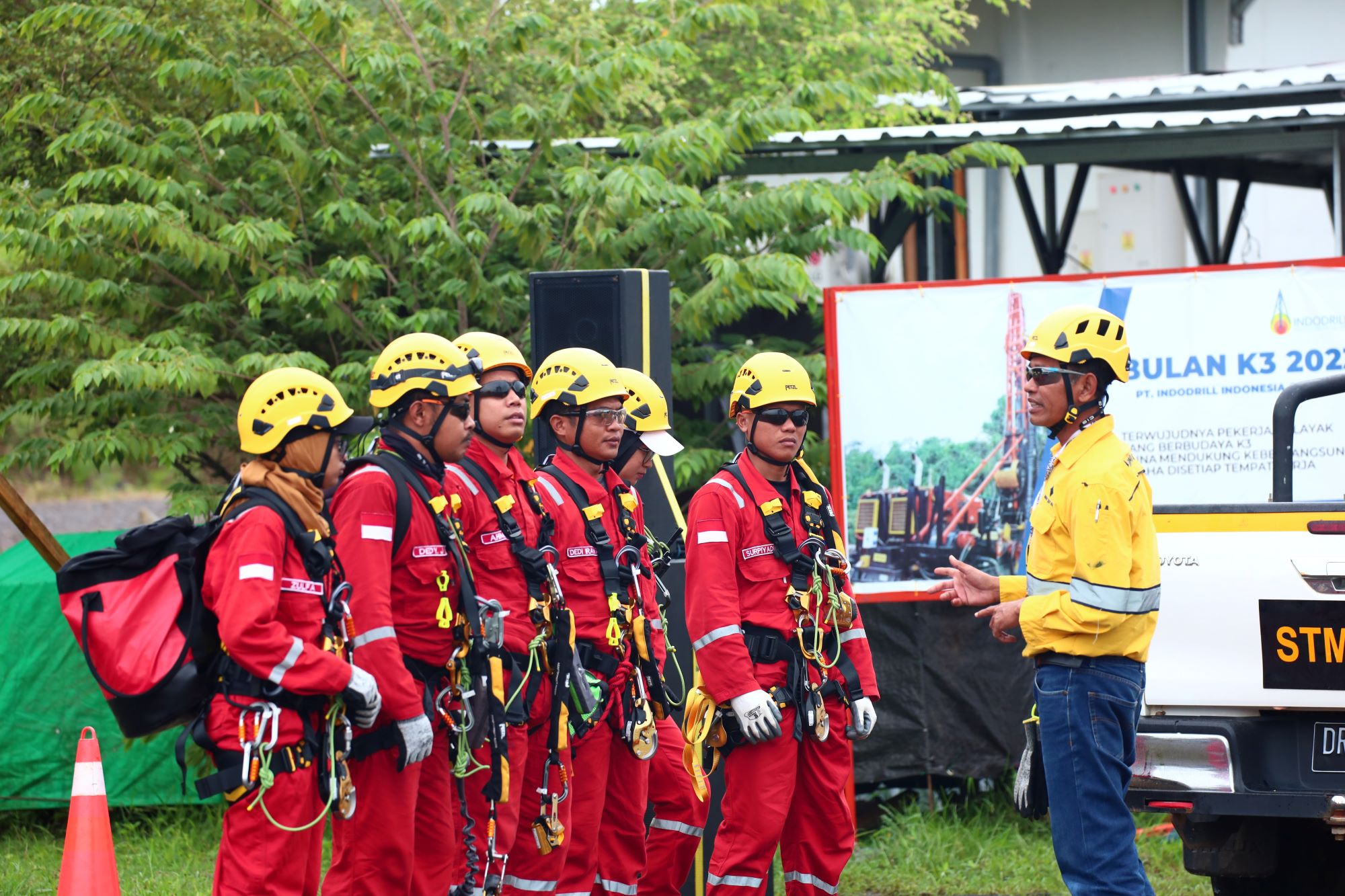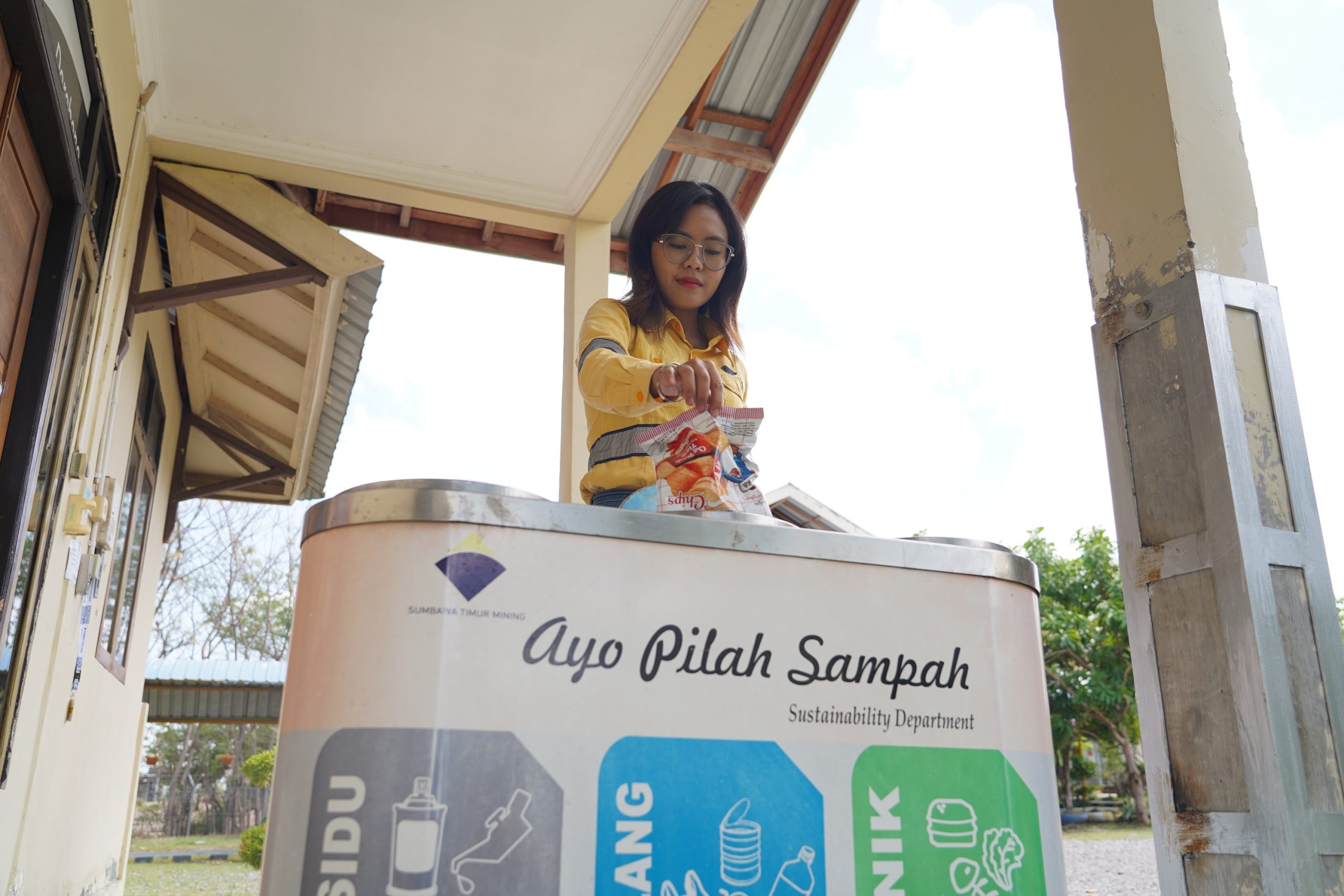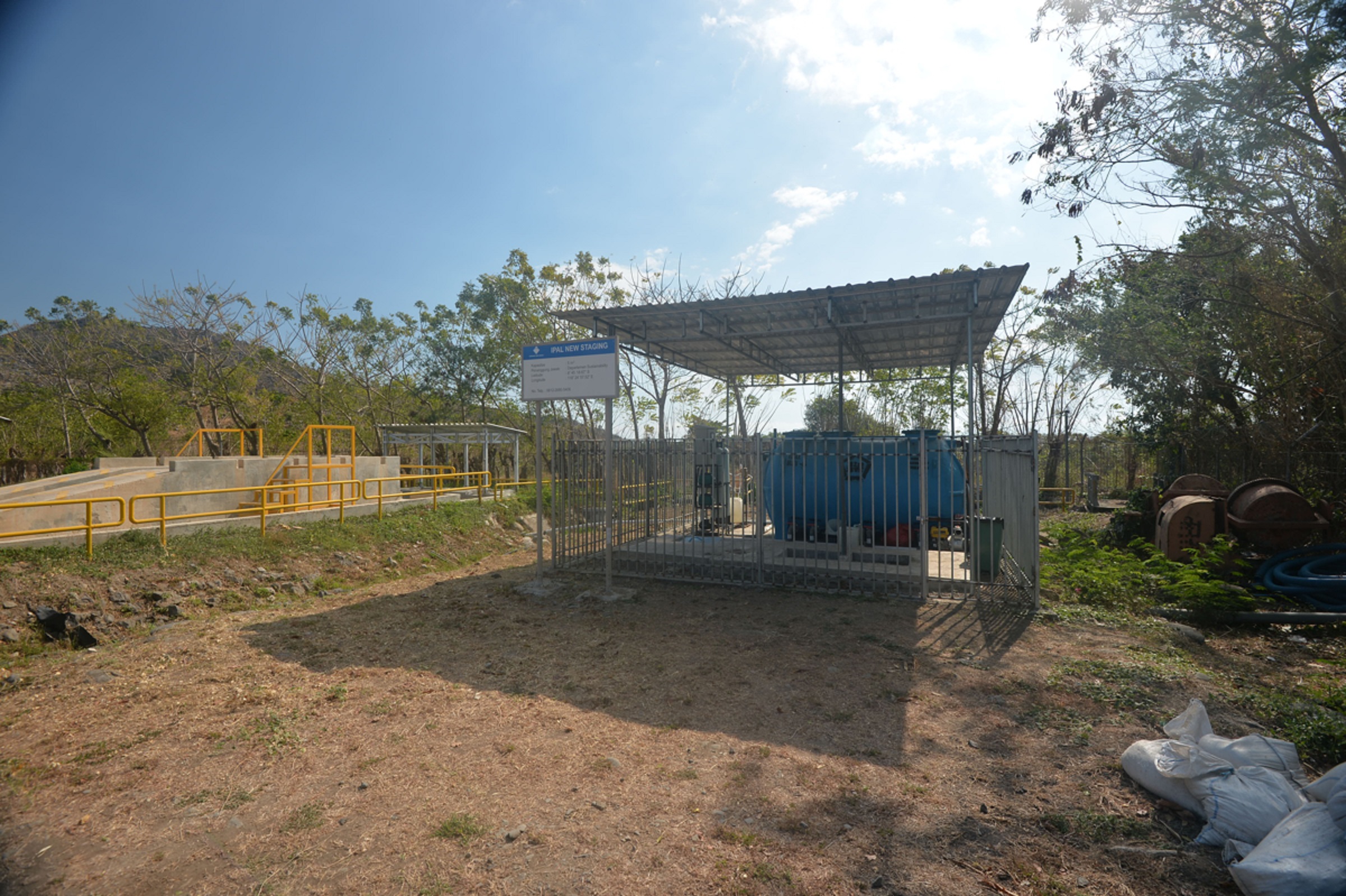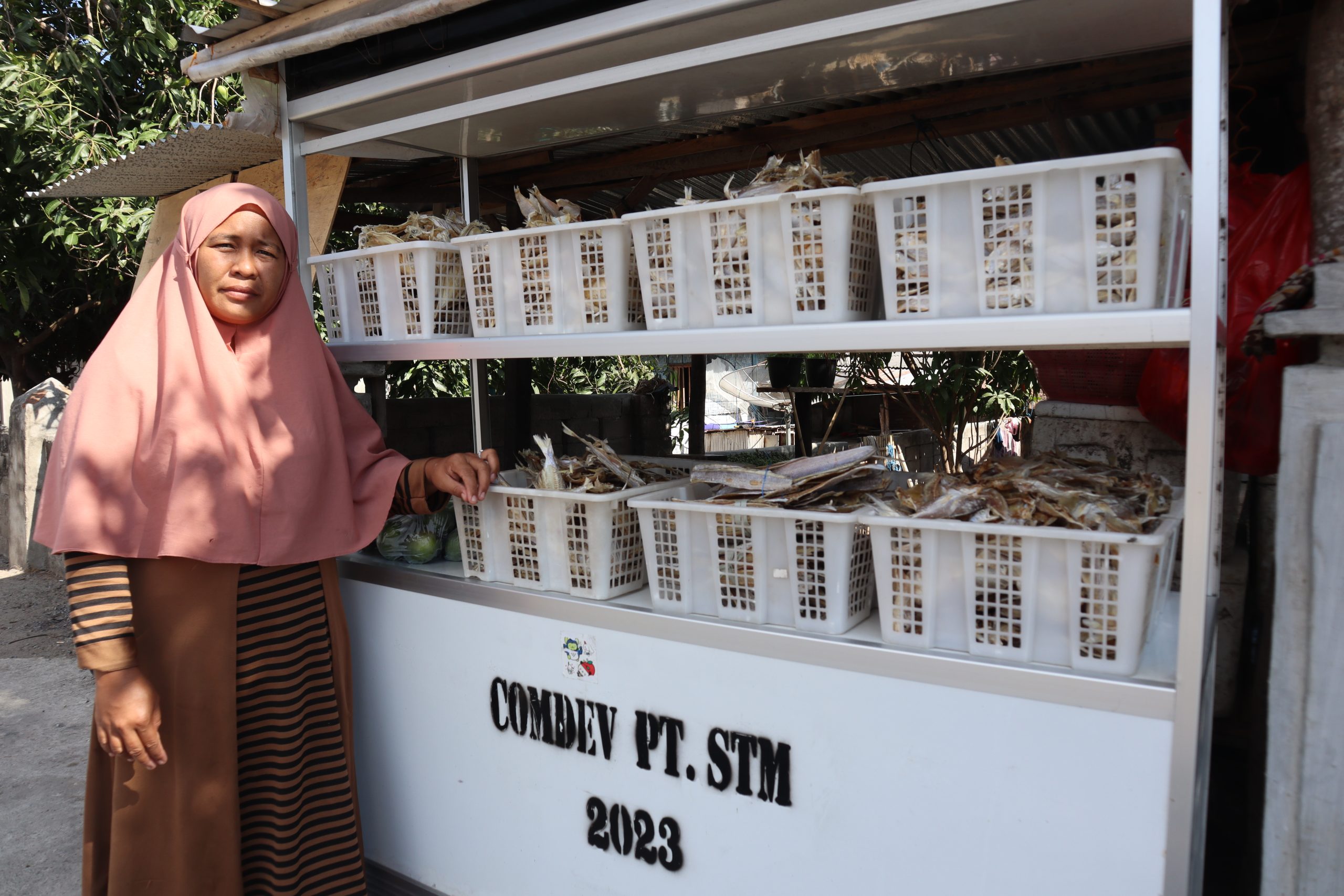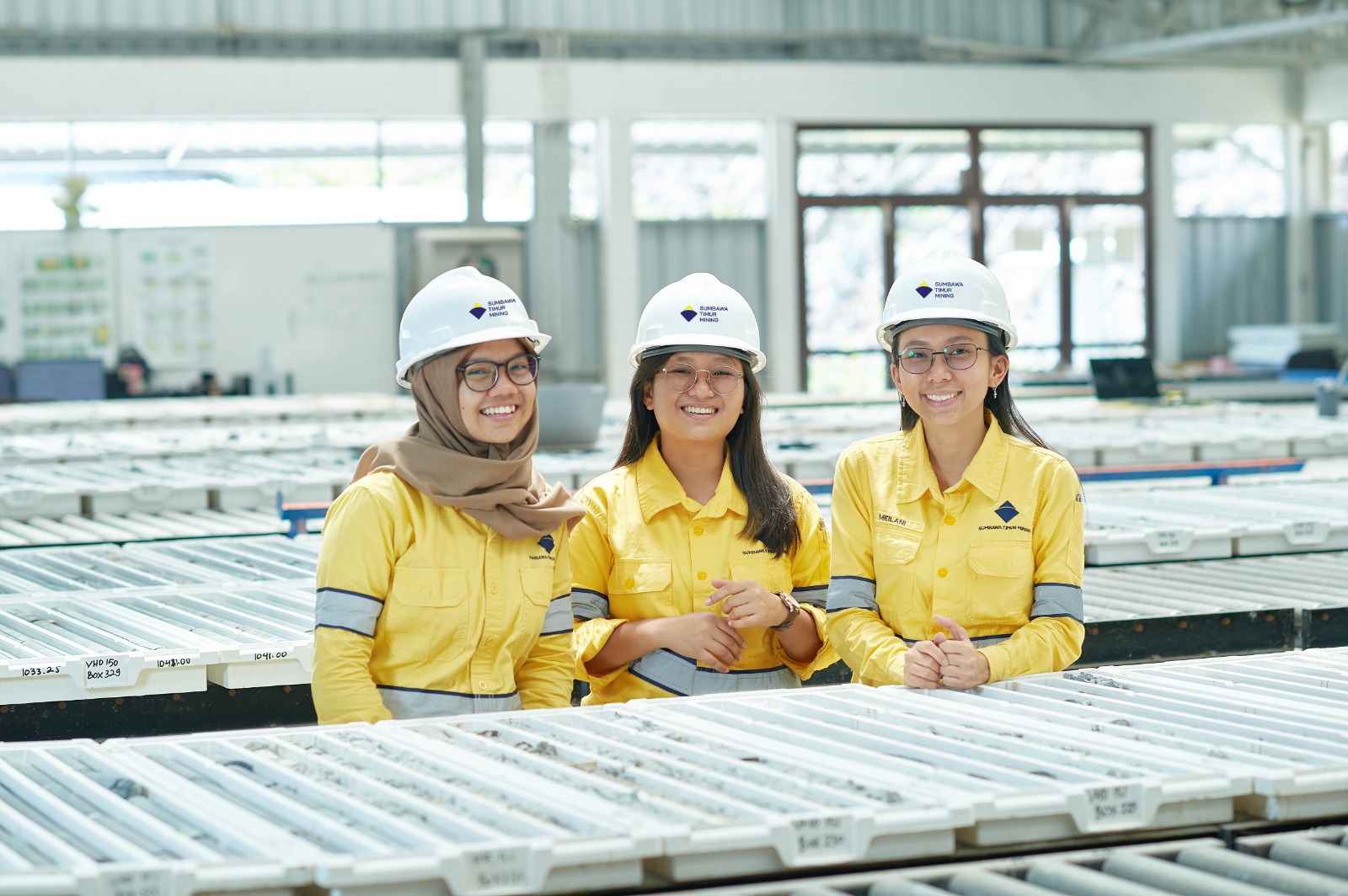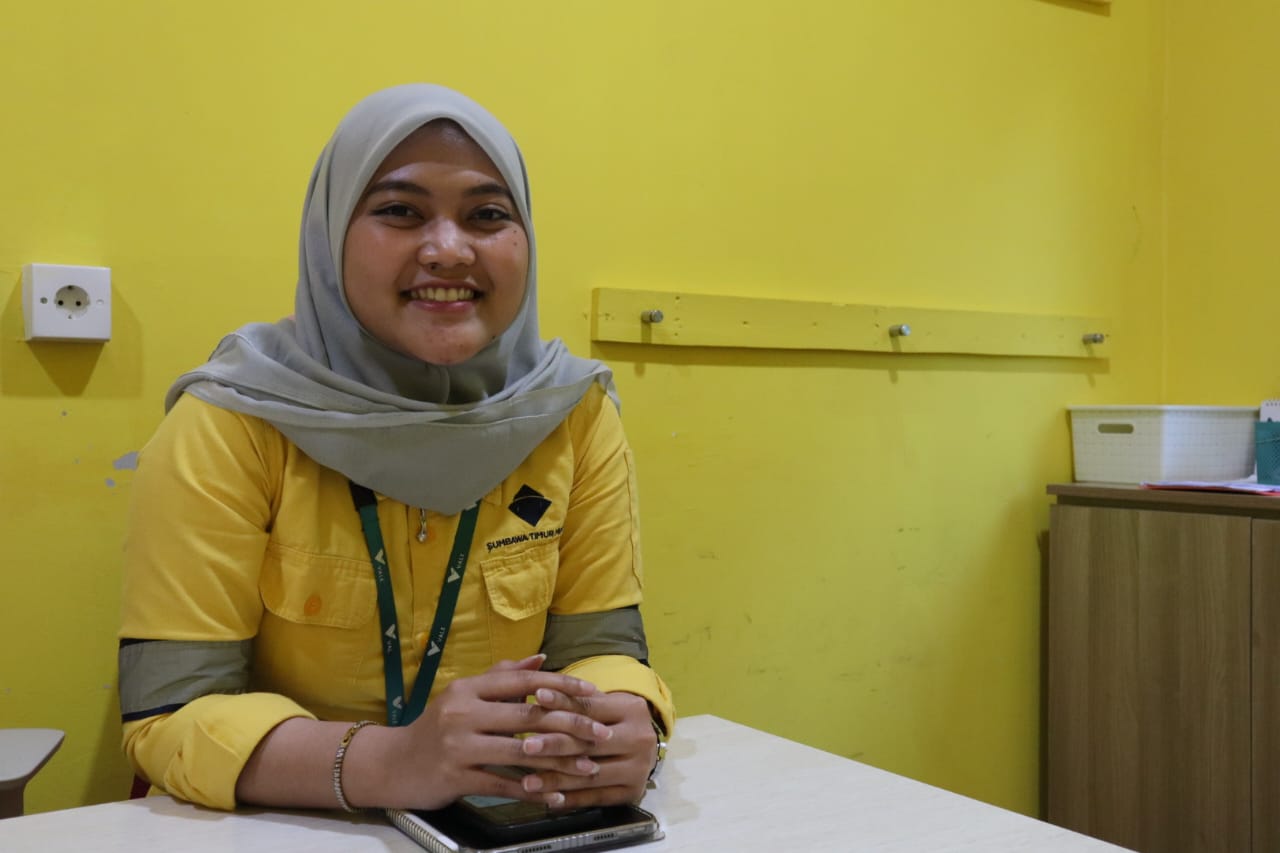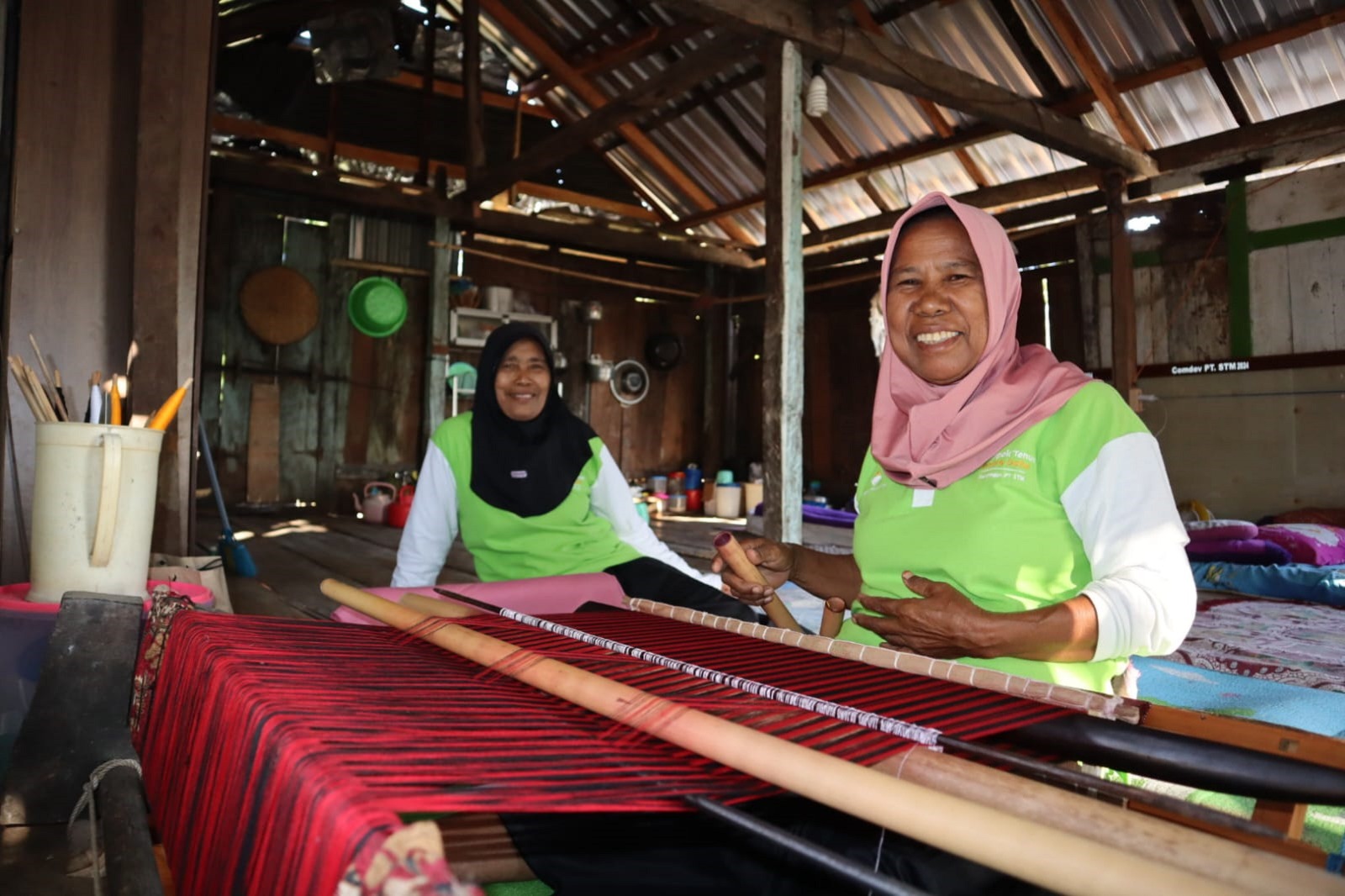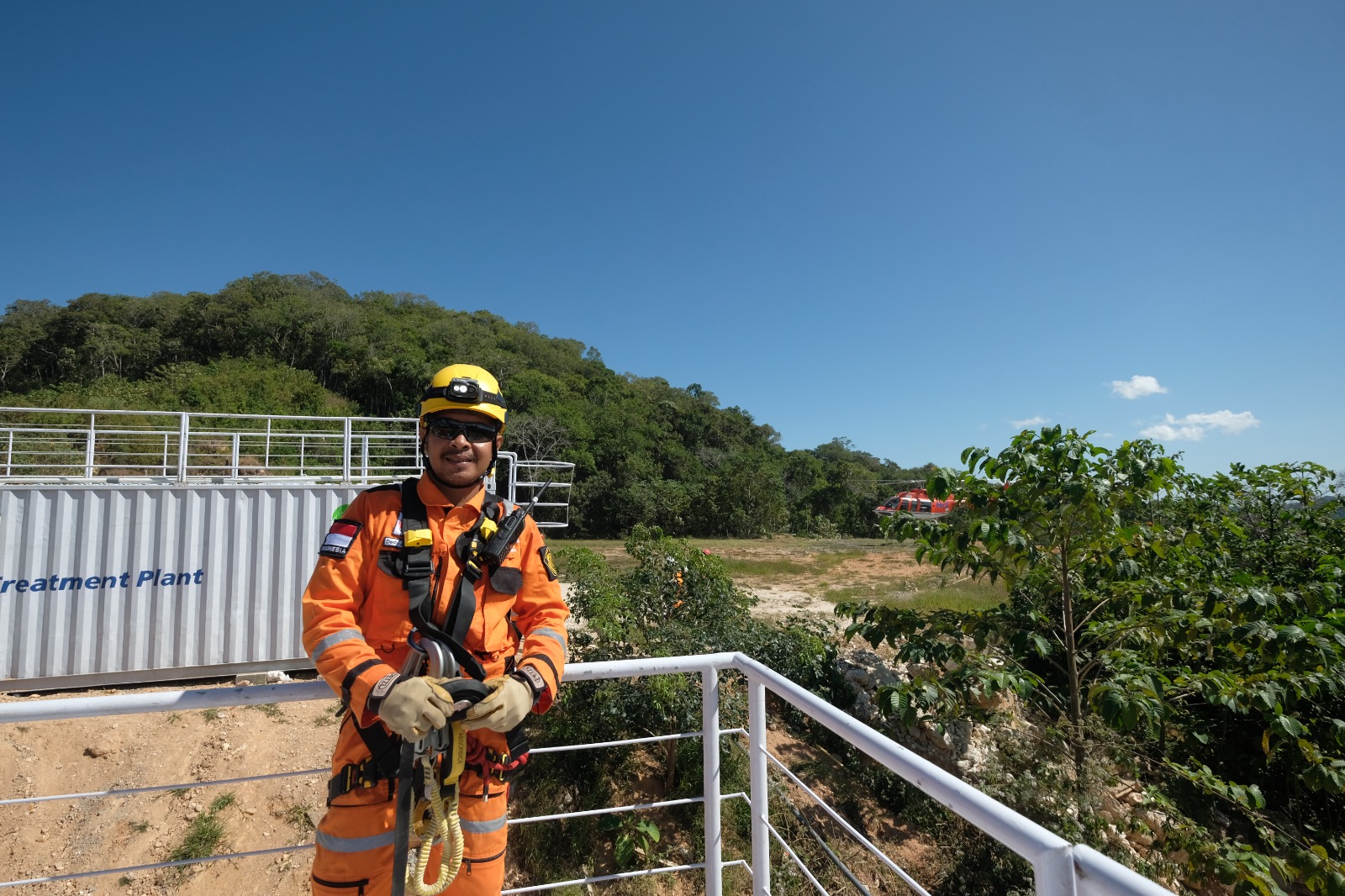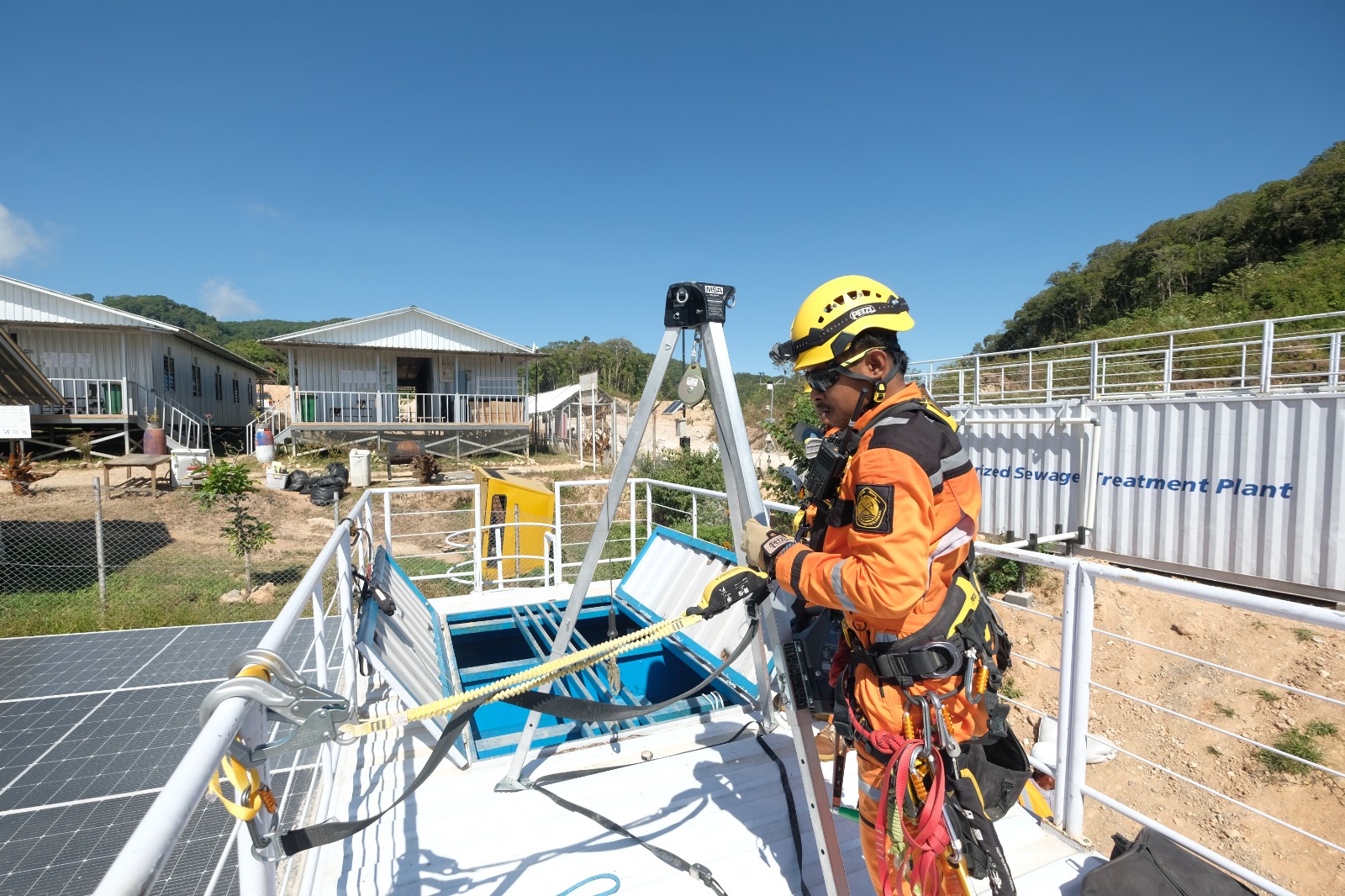Working in the mining industry requires extra vigilance in every activity. Therefore, it is important for every worker to understand matters related to occupational safety and health (OHS). Accident, Incident, and Near Miss are terms often heard in discussions about OHS. Although they sound similar, these three terms have differences from each other.
Accident can be defined as an unexpected event that occurs in the workplace, resulting in property damage, personal injury, illness, or death. For example, when a pedestrian falls while descending a ladder and suffers a severe spinal and leg fracture, or even death.
Incident is an unexpected event that occurs in the workplace but does not result in property damage, personal injury, illness, or death. For example, when a pedestrian falls while descending a ladder, but there is no serious injury and the person can return to work normally.
Meanwhile, Near Miss means almost an accident or injury. However, Near Miss is defined as an incident that does not cause injury or health impairment. For example, when a pedestrian almost falls (just slips, but can still stabilize their position) while descending a ladder. Despite the difference in meaning between these terms, all three are not expected to occur.
PT Sumbawa Timur Mining (STM), as a company that upholds safety, is very anticipating these three conditions. To prevent them, everyone from the top leadership to all team members must understand and care about how to handle potential hazards. Because safety is a shared responsibility, the process cannot involve only a few parties.
To improve the perception of hazard prevention, STM always conducts campaigns and socialization to workers. Some of the ways are the commemoration of OHS Month, A Day of Reflection (reflection after an incident), and weekly briefings. This activity is intended for everyone who works on the Hu’u Project.
According to STM’s OHS Management System Analyst, Roynando Silitonga, OHS socialization activities are very important to align perceptions about the importance of safety in the work area. “Every year there are always activities like this, so that everyone has the same mindset regarding incidents. That incidents can be prevented and everyone must go home safely,” he said.
With this understanding and concern, STM empowers every worker to stop activities that are considered risky for accidents. This authority is in line with STM’s slogan. Namely, “Wati si aman, aina karawi” which means “If it’s not safe, don’t work”. The slogan is also added a sentence that shows concern, namely “Ita jaga mada, mada jaga ita” which means “You take care of me, I take care of you”.
Handling Procedures
To ensure a quick and effective response to any unexpected incident, STM has established a comprehensive procedure. This procedure outlines the steps required to report, investigate, and handle incidents, to ensure that the company is committed to reducing risks and preventing recurrence in the future.
STM’s Reporting & Compliance Analyst, Benedicta Vanesa, said that every visitor or new worker is required to attend an induction session to understand the company’s activity areas and the steps taken when an incident occurs. One important thing to know is to report any incident related to Occupational Health and Safety at the latest within 1×24 hours through supervisors, safety teams, and supervisors on duty.
Initial reporting can be done through the STM Emergency channel or through the Emergency number 0811-988-5288. Some information that must be conveyed such as the reporter’s name, location of the incident, type of incident, number of victims or assets involved, and type of assistance needed.
Initial mitigation carried out by the Emergency team is to inform paramedics if there are victims, and to notify the emergency response team if facing an emergency situation. Then control the incident area to prevent further danger from occurring and efforts to prevent actual changes from the scene of the incident. The next step is to save evidence to conduct an investigation and determine the root cause. In this way, recommendations can be drawn up to prevent the incident from happening again in the future.
STM internally has a report for each incident. This incident database is always updated according to developments. Every time there is a new incident, STM makes a preliminary report to the leadership. This initial report is analyzed to determine further policies. “Our target is to report near misses as much as possible, so that they don’t become incidents that cause losses,” said Vanesa.

